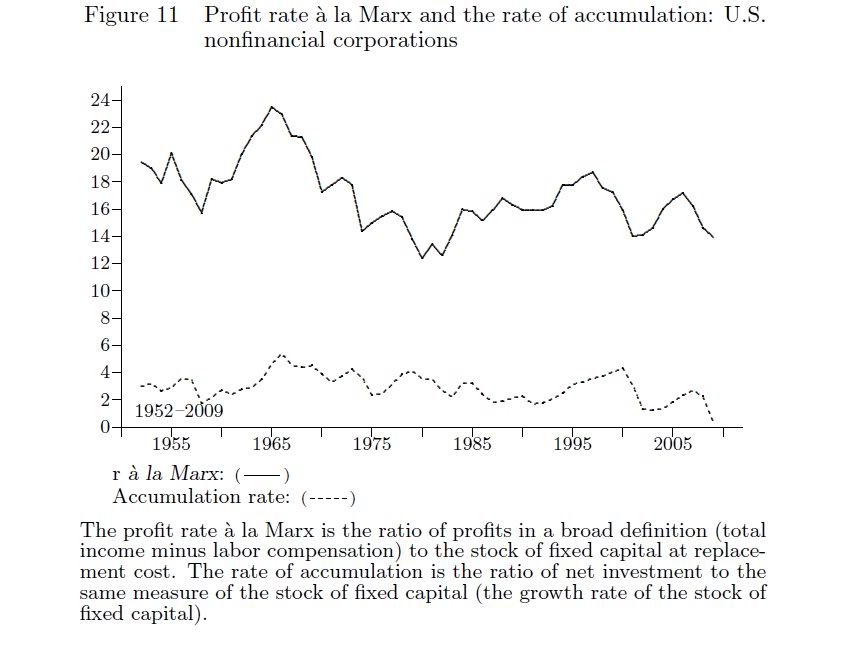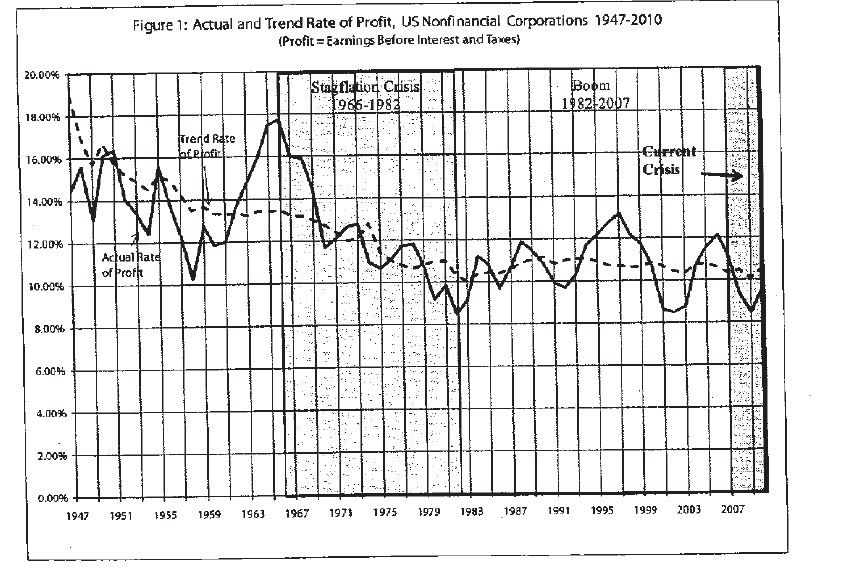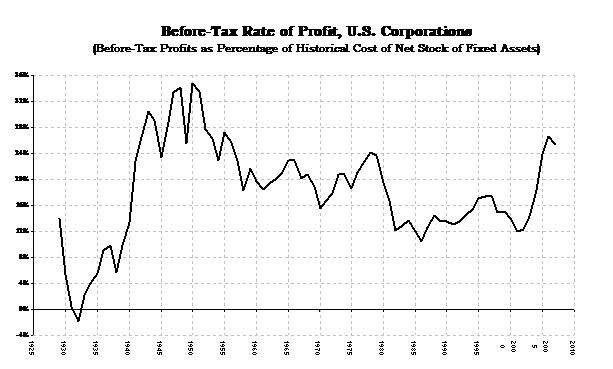There is nothing like a double-whammy of family obligations and personal illness to remind me of this simple fact: I can't do it alone. Neither can you. It doesn't matter who you are, how talented you are, or what "it" is--though this is especially true when discussing political action. Nothing requiring sustained effort and responsiveness to unfolding events can be the work of a single human being.
In the history of class society, the illusion of individual effort and accomplishment has been a mark of privileged status. Aristotle's view that the "the sciences which do not aim at giving pleasure or at the necessities of life were discovered ... first in the places where men first began to have leisure," establishes the "priestly caste" as the precondition for pure knowledge. From a proletarian standpoint there can not yet be any pure knowledge. Knowledge that aims at life's necessities and pleasures emerges necessarily from a research process that takes account of its own material (physical, biological, economic and social) limitations, and thus one that to function and achieve its aims must be collective. The necessity of organization flows from materialism, which flows from the proletarian standpoint, not in a logical sense but as a matter of practical necessity.
In other words, the attempt represented by this blog to develop and expound the necessity of a new type of political organization in a rigorous manner, proceeding through fundamental principles, polemic, counterposition and empirical observation, was bound to fail because the author of these lines was doing it on his own. The author of these lines does not have the time and leisure to accomplish that, at least not at the pace demanded by political events. And if he did have the time and leisure, he would not have a social position such that his thoughts on the matter could be given any credence. It's a paradox that can only be surmounted by means of organization. But if the aim of organization is a new such organization, then to surmount it means to pull one's self up by one's own bootstraps, a la Baron von Munchhausen.
So the pretense to rigor has to go. To get something done, I'm just going to have make assertions, in the hopes that others can help fill in the gaps over time.
So the basic question is, What type of political organization is necessary today for political practice that would test the hypothesis that humanity will supersede capitalist society and with it all divisions of class?
The first characteristic that becomes clear is that it must be international.
Revolutionaries remain arrayed against a defined state, which remains in most instances a national state. There are, of course, significant exceptions to this: multi-national institutions (EU, ECB, IMF, World Bank, NATO, UN, as well as the several multinational corporations) that assume state or para-statal powers; forces of occupation; states that inhibit or prevent the formation of national identities, etc. Whether these phenomena are exceptions that prove the rule of the still-national structure of capitalist state power, or indices of transition to new forms of rule, remains to be seen. But even if we accept as given the hegemonically national character of capitalist rule, the syllogism that would derive from that a necessarily national character of the opposition to it is a false one.
For those leftists who regard national parties as necessary preconditions for an international, the usual reference point is the Second, Socialist International. Yet the reference contains its own refutation. The very formation of national parties took the international as a presupposition. Lars T. Lih has argued quite compellingly that Lenin understood himself not as a theoretician of a "party of a new type", but as an organizer of a party on the model exemplified by the German SPD under the leadership of Kautsky and Bebel. (I wrote a document several years ago for an internal LRP educational conference, on the First Three Internationals, that came to similar conclusions though with a different emphasis. At some point soon I'll likely publish it.) Yet the only reason why Lenin could dedicate himself might and main to building the RSDLP, and why he and Martov and Plekhanov and Trotsky and Luxemburg could argue so vociferously over how that was to be done, was because they all (with the signal exception of Luxemburg) regarded the SPD and the Bebel-Kautsky leadership as a model. National parties drew their sustenance from the International. The crisis of 1914 consisted precisely in the fact that the International proved not to have been as real as many of its protagonists had once believed.
By the early 20th century, a national orientation was already reactionary. If we regard the developing productive forces as harbingers of the changes to come, then we must recognize that they are even more so now. What ended in tragedy 100 years ago can only be a farce today. While each grouping of revolutionaries must confront the state which most immediately rules them, within class struggles that most often (though not always) take a national form, there is no compelling reason why they cannot learn from those engaged in more advanced struggles in other countries, or be able to point out the international horizons of struggle authoritatively to their fellow workers.
Most political organizations today, however, are not international. Either federations of local or national groupings (or local groupings pretending to be national), or pseudo-international projections of a single local or national sect. How to overcome that leads to the second necessary characteristic: That it must be organized based on an understanding of politics as a scientific endeavor. That will be the topic of the next post.


